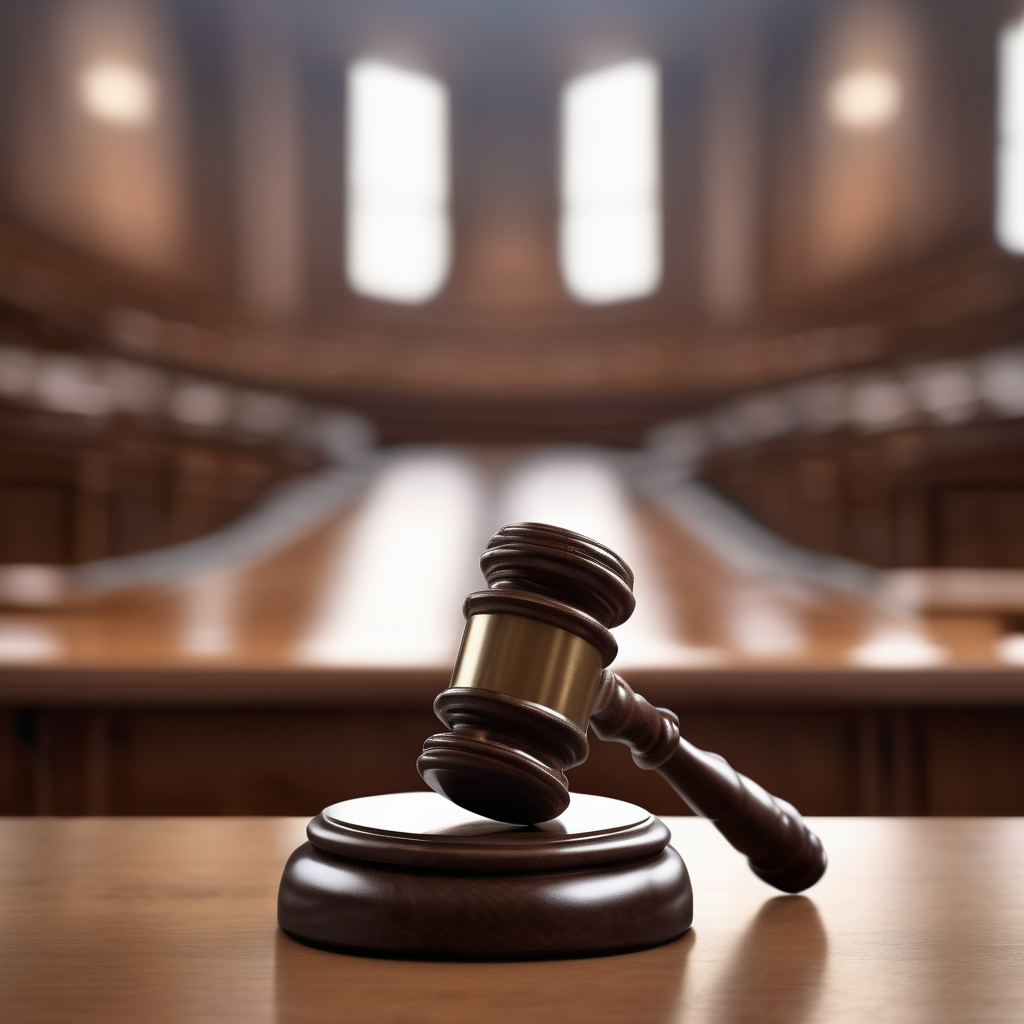The legal proceedings involving former Attorney General Aiyaz Sayed-Khaiyum and former Supervisor of Elections Mohammed Saneem continue to develop as the Acting Director of Public Prosecution, Nancy Tikoisuva, has filed amended charges against them. The amendments were presented in court, with Tikoisuva notifying the defense team about the adjustments, which now include a specified date for the alleged offenses and reference to relevant constitutional sections. Chief Justice Salesi Temo affirmed the prosecution’s legal right to make such amendments before the culmination of their case.
Defense lawyer Devanesh Sharma requested additional time to analyze the amended charges with his clients, citing provisions under Section 214(9) of the Criminal Procedure Act. This section permits the amendment of charges, but considerations must be given to avoid any undue embarrassment for the accused. In this case, Sayed-Khaiyum is charged with abuse of office, while Saneem faces charges of receiving a corrupt benefit.
This case has attracted significant attention due to the high profiles of the defendants and questions pertinent to governance and public accountability. The allegations against Sayed-Khaiyum and Saneem stem from events during 2022, with Sayed-Khaiyum accused of authorizing a Deed of Variation and Addendum during his tenure as Acting Prime Minister without necessary approval. Saneem is alleged to have unlawfully received tax relief amounting to over $50,000 as a result.
These developments underscore ongoing legal debates and are situated within a broader context of procedural challenges and jurisdictional disputes, which have previously delayed the judicial process. As the legal proceedings advance, the emphasis remains on transparency and adherence to due process, ensuring that the integrity of public office and legal accountability are maintained.
As the situation unfolds, there is a hopeful anticipation for a judicious resolution that upholds justice and strengthens governance principles. The next steps will likely focus on the implications of these amendments and their influence on the trial’s progression, with the court reconvening later to further deliberate on the case.
